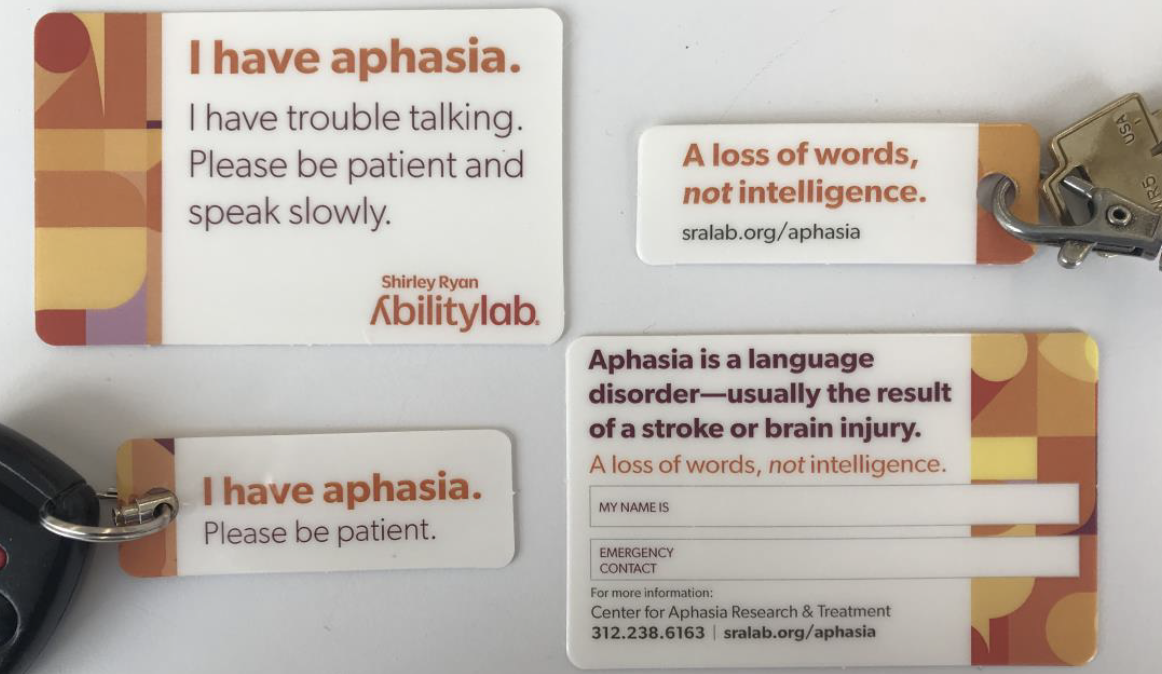Campfire Chat Recap | February 12, 2022
Today in Campfire Chat and we explored how we have grown through our recovery. We all shared our answers to this question - What is something you are better at now than before your brain injury? All the answers were fantastic and many of them resonated throughout the group. Here are some of the things that were shared:
I’ve learned to really appreciate every single day I get to be here.
I am better at “humaning”.
I am focused on being good to me and good to others.
I have a better relationship with my children, and I am a better Mom.
I have taken off the rose-colored glasses and I am more aware of the real situations around me.
I am walking a lot more and working out at the gym instead of sitting in front of the TV and being lazy.
I am being honest with myself and have learned to be patient with myself and others.
I am honing the skills that I have so I can communicate better with those around me.
I am better at taking care of myself.
Our conversation then wandered to trauma and brain injury recovery. It seems like it is common to take two years or more to begin to process trauma after brain injury. You do not need to do this alone. If you are struggling with processing trauma and loss after brain injury, please ask your doctor for referral to a therapist. Most often this is covered by insurance. One form of therapy that is specifically trauma-focused is EMDR or Eye Movement Desensitization and Reprocessing. There is more information about this form of treatment and a provider search page here.
Greg shared a brain injury wallet card that you can get for free from DeCaro and Kaplen, LLP. It includes your name and emergency contact information as well as information to help first responders and others in an emergency situation understand some of the things that may be experienced after a brain injury. Several people shared that they had been in situations where people did not understand the effects of their brain injury and this card can be a handy tool to carry with you. You can order one here.
Herman shared with us that the best way to communicate with someone with aphasia is to slow down. Speak slowly and give time for someone to process what you are saying and then wait patiently for a response. You don’t need to speak louder, just slow down.
Linked here is an aphasia card that you can print out to help facilitate communication.
This aphasia card can be ordered for less than a dollar.
Here is a link to the 5-minute leg exercise video from today.
This video is from Mike Kutcher, a PT and exercise physiologist at More Life Health in Australia. There are some videos on his website but there is a much larger collection on YouTube, linked here. The video we did today is from a playlist called “Fitter in 5” which features 5 minute exercise videos targeting various fitness goals and parts of the body.
Although these videos were created for seniors, they may be helpful for anyone after a brain injury. If you find that the exercises move too fast or too slow you can change the playback speed in YouTube by clicking the settings gear at the bottom of the screen. Have fun and don’t forget to get up and move 5 minutes of each hour!
Thank you to everyone who came to Campfire Chat today. It was wonderful to hear about your achievements and I enjoyed learning more about you brain injury journey.
Have a great week!
Brought to you by workshop leader Polly Hutchinson.


